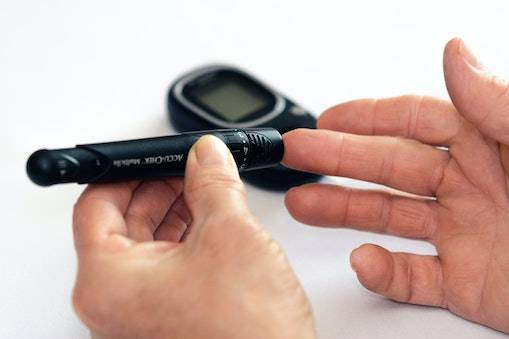Acupuncture and Diabetes: Can Ancient Healing Support Modern Care?
In today’s world, modern medicine is essential for managing chronic conditions. Yet, the interest in complementary therapies like acupuncture continues to grow. Traditionally associated with pain relief, acupuncture is now being studied for its potential role in supporting individuals living with diabetes.
While it is not a replacement for standard medical care, acupuncture may offer benefits that complement conventional diabetes management.
Understanding Diabetes
Diabetes is a chronic metabolic disorder that affects millions worldwide. It occurs when the body cannot effectively regulate blood sugar levels due to:
- Type 1 Diabetes: The immune system attacks insulin-producing cells, leading to little or no insulin production.
- Type 2 Diabetes: The body does not use insulin effectively, often combined with reduced insulin production over time.
Managing diabetes requires lifestyle adjustments, medication, regular monitoring and ongoing medical care.
What Is Acupuncture?
Acupuncture, a core practice in traditional Chinese medicine (TCM), has been used for thousands of years. It involves inserting very thin, sterile needles into specific points on the body to:
- Stimulate circulation
- Influence the nervous and endocrine systems
- Support the body’s natural healing processes
- Promote balance in energy flow, known in TCM as Qi
Potential Benefits of Acupuncture for Diabetes
Research on acupuncture and diabetes is ongoing, and results are not yet conclusive. However, several potential benefits have been noted:
1. Blood Sugar Regulation
Some studies suggest acupuncture may improve insulin sensitivity and help regulate glucose metabolism, supporting blood sugar balance.
2. Stress Reduction
Stress hormones can impact blood sugar levels. Acupuncture is well known for its ability to reduce stress and promote relaxation, which may indirectly support glucose control.
3. Neuropathy Support
Diabetic neuropathy can cause pain, tingling and numbness. Acupuncture may improve circulation and stimulate nerve function, potentially easing discomfort.
4. Appetite and Weight Management
Healthy weight is a key factor in Type 2 diabetes care. Acupuncture may influence appetite regulation and metabolism, assisting with weight management efforts.
5. Inflammation Reduction
Chronic inflammation is linked to diabetes progression. Acupuncture has demonstrated anti-inflammatory effects, which could support long-term management.
6. Improved Circulation
Poor circulation in diabetes can slow healing and increase complications. Acupuncture may help enhance blood flow and support tissue repair.
Adding Acupuncture to Your Diabetes Management Plan
If you are considering acupuncture as part of your care, keep the following in mind:
- Consult your healthcare provider: Always discuss new therapies with your medical team to ensure safety and coordination with your current treatment.
- Stay consistent: Acupuncture often requires regular sessions to see results.
- Think holistically: Acupuncture should be seen as complementary to, not a replacement for, medications, diet, exercise and regular monitoring.
Conclusion
Diabetes is a complex condition that requires careful medical management. While not a cure, acupuncture may offer supportive benefits such as stress reduction, improved circulation and relief from neuropathy or inflammation.
When used alongside conventional treatments, acupuncture could become a valuable part of a holistic approach to health. If you’re interested in exploring this option, speak with your healthcare provider and consider contacting us to learn how acupuncture may support your wellness journey.








